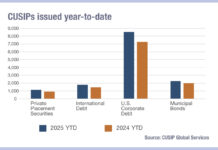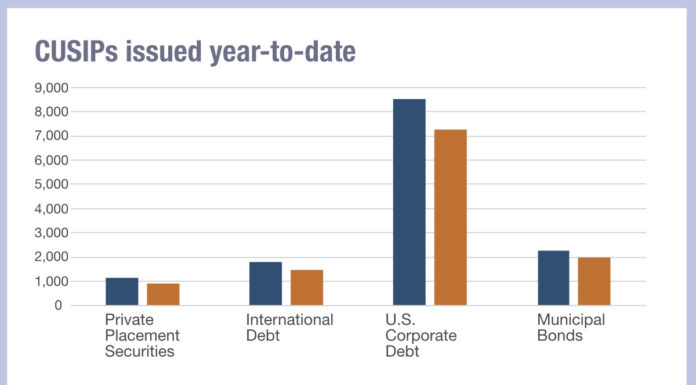
There could be a significant economic impact on the 25 countries in the FTSE World Government Bond Index (WGBI) by 2030 due to the transition and physical risks of climate change according to research by FTSE Russell, the index business of London Stock Exchange Group.
Nicolas Lancesseur, Ph.D, head of global climate research, and Julien Moussavi, Ph.D, sustainable investment sovereign research, at FTSE Russell have estimated the economic and financial impacts of transition and physical risks in the 25 countries of the WGBI.
They estimated potential GDP losses under two scenarios – a hot house world and a disorderly transition.
A hot house world considers physical damage which lowers fiscal revenues as losses affecting infrastructure, employment, manufactured products and services reduce the tax base. A disorderly transition assumes that abatement costs are fully government funded which adds to the budget balance and increases the debt-to-GDP ratio compared to a baseline (i.e., no climate change impact in the case of the hot house world scenario and no mitigation efforts in the disorderly transition scenario).
Lancesseur and Moussavi said in a blog that the magnitude of the estimated economic impacts is very high, with tens of GDP percentage points at risk from both transition and physical risks by 2050 in the most vulnerable economies.
“Economically, significant impact could become evident as early as 2030,” they added. “The hot house word scenario has a strongly negative effect on GDP, and equatorial and southern European countries are particularly hard hit.”
As a result debt and default probability in the hot house world scenario will increase by 2050. Malaysia, South Africa, Mexico, Portugal, Italy, Greece and Spain are all expected to default by 2050 in this scenario according to the research.
The impact of transition risk may lead to a higher number of defaulting economies under a hot house world scenario.
“Overall, up to 10 economies of the WGBI could experience episodes of financial stress (i.e., South Africa, Australia, Poland, Japan, Italy, Portugal, Greece, Spain, Mexico and Israel),” said the blog.
©Markets Media Europe 2025

























